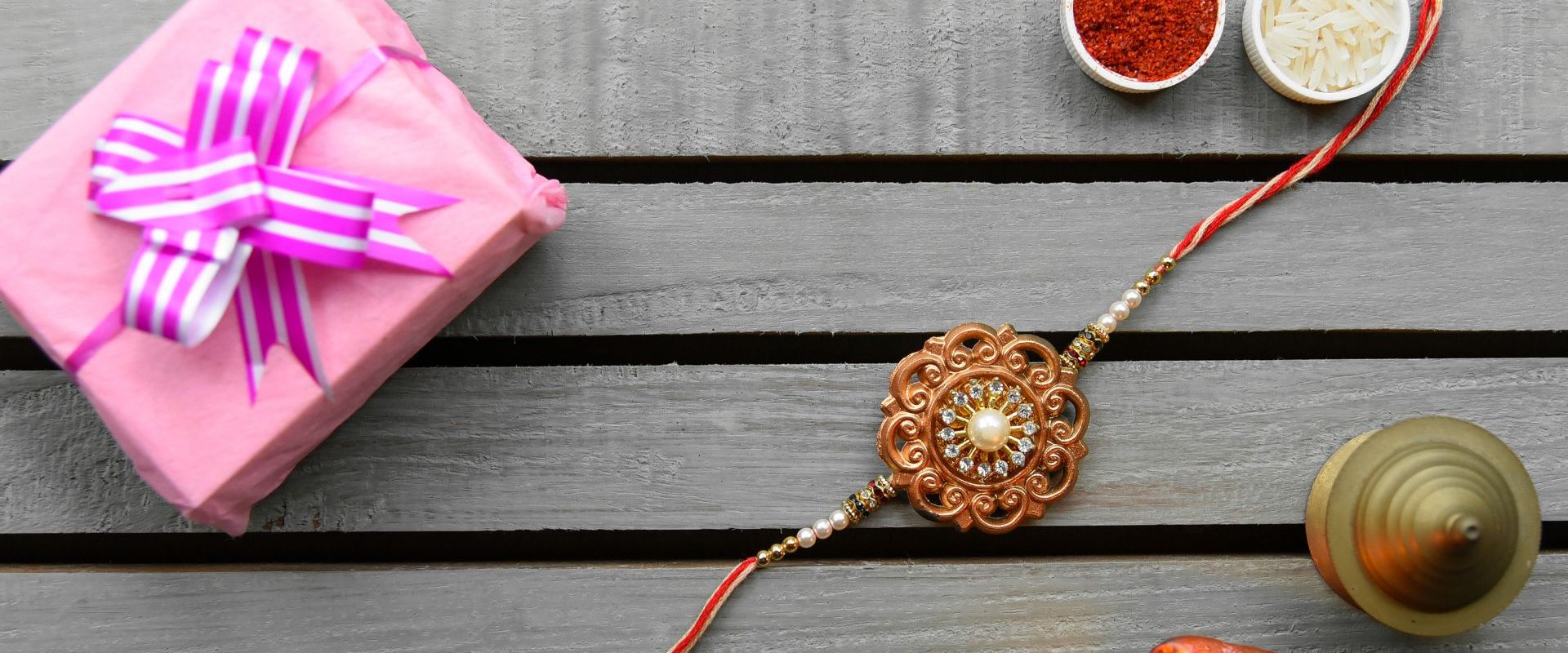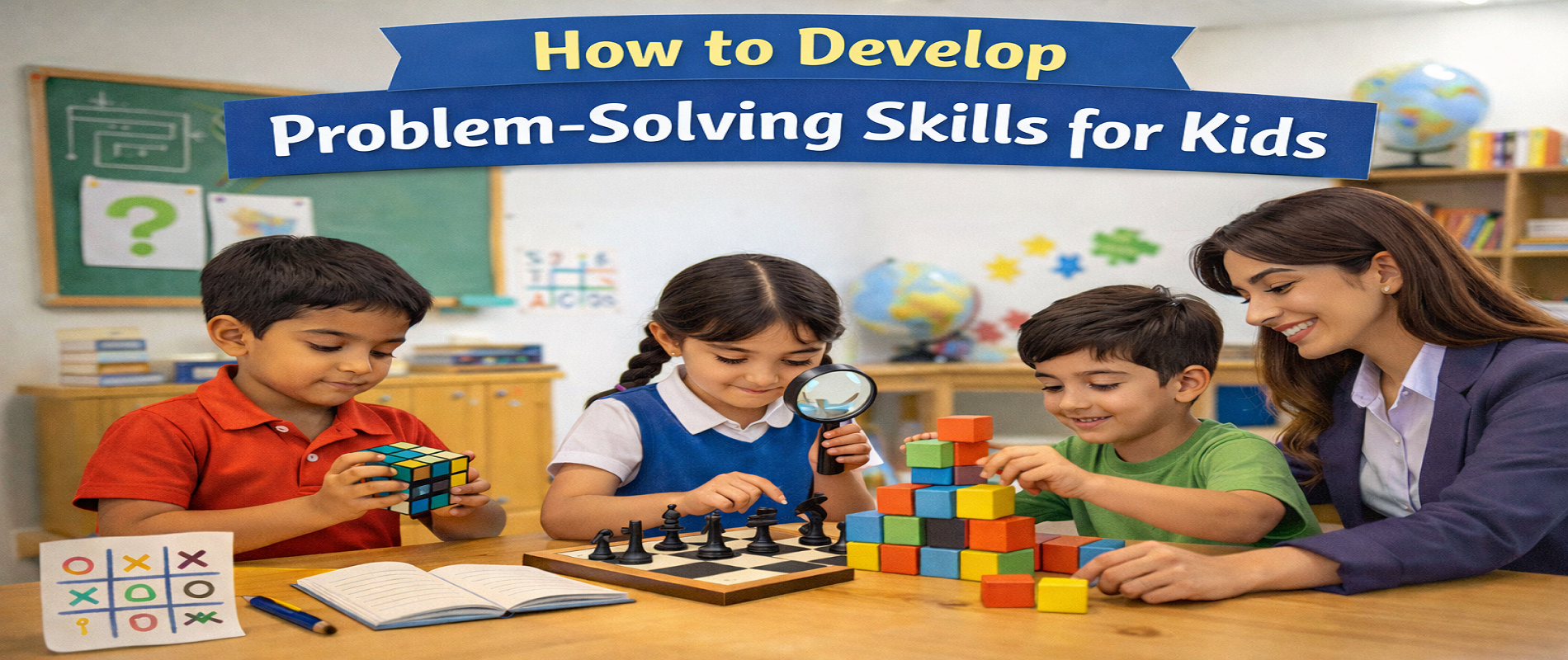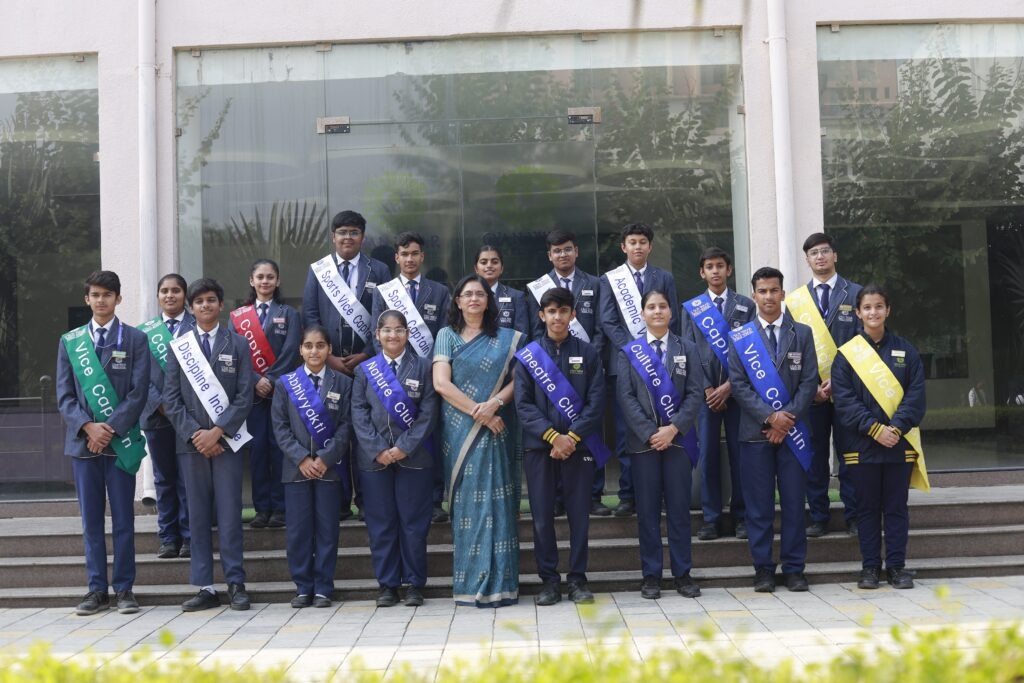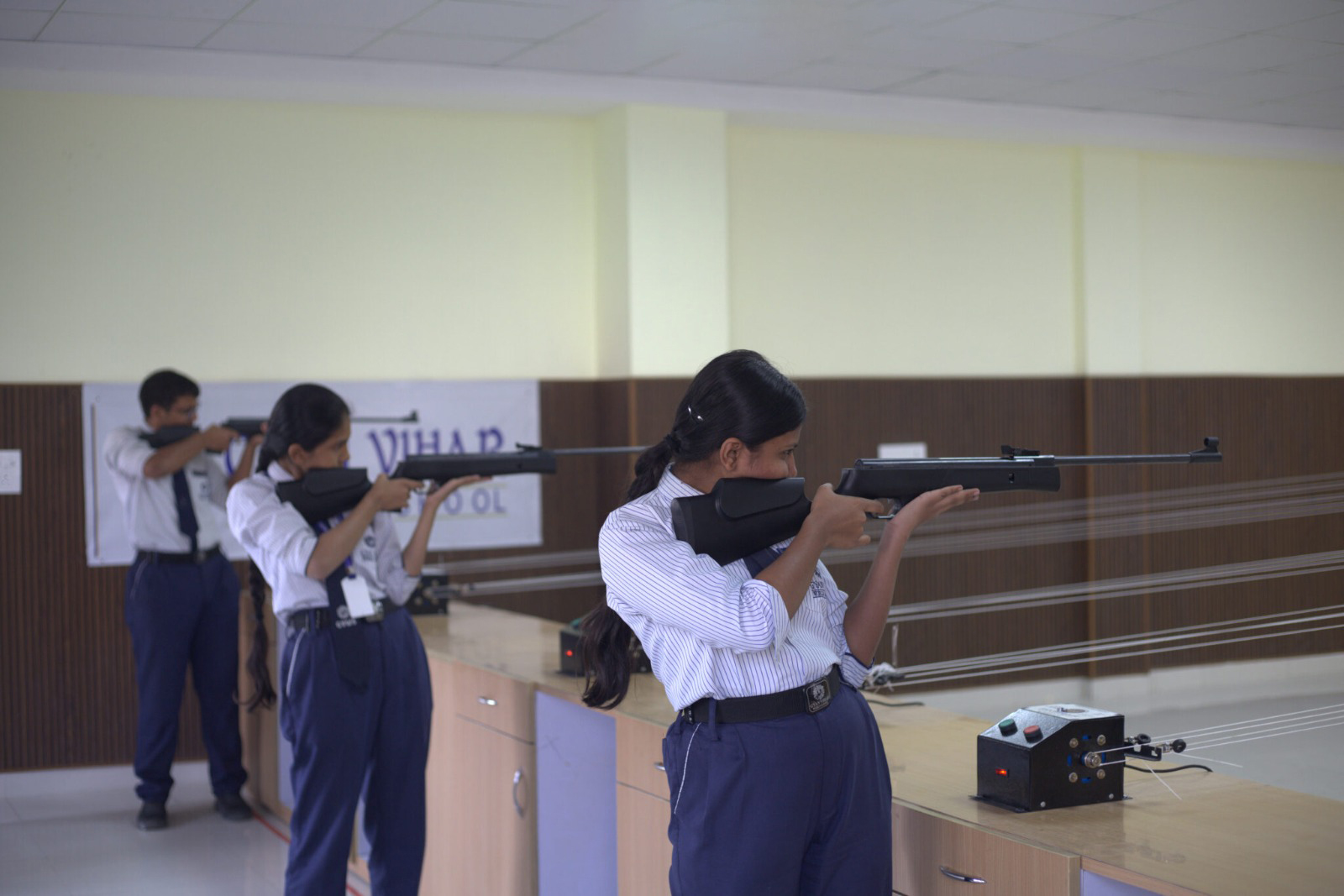Organizing a Rakhi competition in your school is a wonderful way to celebrate the vibrant festival of Raksha Bandhan, which symbolizes the bond of protection between siblings. This festival holds immense cultural significance and is a great opportunity to foster creativity, cultural awareness, and a sense of community among students. Gyan Vihar World School, renowned as one of the CBSE Schools in Jaipur, takes pride in organizing such events that not only educate but also engage students in meaningful activities. This detailed guide will help you plan and execute a successful Rakhi competition in your school.
Introduction to Rakhi and Its Cultural Significance
What is Rakhi?
Rakhi, or Raksha Bandhan, is a traditional Indian festival celebrated to honor the bond between brothers and sisters. On this day, sisters tie a sacred thread, called Rakhi, around their brothers’ wrists, symbolizing their love and prayers for their brothers’ well-being. In return, brothers promise to protect their sisters throughout their lives.
Importance of Rakhi in Indian Culture
Rakhi is more than just a ritual; it is a celebration of family values, love, and protection. It is an excellent occasion to teach students about Indian traditions, the importance of familial bonds, and the values of love and duty. Celebrating Rakhi in schools, especially those known as the best schools in Jaipur, can instill these values in young minds and promote cultural heritage.
Why Organize a Rakhi Competition?
Encouraging Creativity and Innovation
A Rakhi competition encourages students to express their creativity and innovation. It provides a platform for them to design unique Rakhis using various materials, fostering artistic skills and imaginative thinking.
Promoting Cultural Awareness
Such competitions help students understand and appreciate Indian culture and traditions. It is an excellent opportunity to educate them about the significance of Rakhi and the values it represents.
Building a Sense of Community
Organizing a Rakhi competition brings students together, promoting teamwork, collaboration, and a sense of community. It is a fun and engaging way to celebrate a festival that emphasizes love and protection.
Enhancing School Spirit
Events like Rakhi competitions enhance school spirit and create a festive atmosphere. They make the school environment lively and joyful, contributing to overall student engagement and well-being.
Planning the Rakhi Competition
Setting Objectives
Before diving into the details of the competition, it is essential to set clear objectives. Consider what you aim to achieve with this event. Common objectives might include:
- Encouraging creativity and artistic skills among students.
- Promoting cultural awareness and understanding of Rakhi.
- Fostering a sense of community and teamwork.
- Enhancing student engagement and school spirit.
Forming a Committee
Form a committee to plan and execute the competition. This committee should include teachers, administrative staff, and student representatives. Having a diverse group will ensure that all aspects of the event are covered, and everyone feels involved.
Choosing a Theme
Selecting a theme for the Rakhi competition can add an extra layer of excitement and creativity. Themes can vary from traditional designs to eco-friendly Rakhis, innovative materials, or even digital Rakhis. A theme can guide students and provide a focus for their creations.
Organizing the Competition
Setting the Date and Venue
Choose a date close to Raksha Bandhan for the competition. Ensure that the date is convenient for most students and staff. Select a venue that is spacious enough to accommodate all participants and provides a conducive environment for creativity.
Designing the Competition Format
Decide on the format of the competition. Will it be an individual or group activity? How many categories will there be? Consider having different categories based on age groups or themes to ensure fair competition and inclusivity.
Registration Process
Set up a registration process for students who wish to participate. This can be done through online forms, paper forms, or during class announcements. Ensure that the process is simple and accessible to all students.
Providing Materials
Decide whether the school will provide the materials for making Rakhis or if students will bring their own. If providing materials, ensure that there is a sufficient variety to encourage creativity. If students are bringing their own, provide guidelines on what materials are allowed.
Conducting the Competition
Briefing the Participants
Before the competition begins, brief the participants on the rules, guidelines, and judging criteria. Ensure that everyone understands the objectives and the format of the competition.
Setting Up the Venue
Arrange the venue with necessary tables, chairs, and materials. Ensure that there is enough space for students to work comfortably. Decorate the venue to create a festive atmosphere that reflects the spirit of Rakhi.
Managing the Competition
Assign roles to the committee members and volunteers to manage the competition smoothly. This includes overseeing the registration process, distributing materials, guiding participants, and maintaining order.
Time Management
Set a specific time frame for the competition. Ensure that participants have enough time to create their Rakhis, but also keep it within a reasonable limit to maintain energy and excitement.
Judging the Competition
Selecting Judges
Choose a panel of judges who are unbiased and have a good understanding of art and culture. This can include teachers, local artists, or even parents. Ensure that the judging panel is diverse and fair.
Establishing Judging Criteria
Define clear and transparent judging criteria. Common criteria might include:
- Creativity and originality
- Use of materials
- Adherence to the theme
- Overall presentation and aesthetics
Judging Process
Conduct the judging process systematically. Allow judges to evaluate each entry based on the established criteria. Ensure that the process is transparent and fair, with no room for bias.
Announcing Winners and Awarding Prizes
Award Categories
Decide on different award categories to recognize various aspects of creativity. These might include:
- Most Creative Rakhi
- Best Use of Materials
- Best Themed Rakhi
- Overall Winner
Announcing Winners
Plan a ceremony to announce the winners. This can be done during a school assembly or a special event. Ensure that all participants are recognized for their efforts, and the winners are celebrated.
Awarding Prizes
Prepare prizes for the winners. These can include certificates, trophies, or gift items. Consider giving all participants a token of appreciation to encourage their participation and effort.
Post-Competition Activities
Displaying the Rakhis
Arrange to display the Rakhis created during the competition in a prominent area of the school. This not only showcases the students’ creativity but also inspires others and adds to the festive atmosphere.
Feedback and Reflection
Gather feedback from participants, judges, and committee members. Reflect on what went well and what could be improved for future competitions. Use this feedback to enhance future events.
Promoting the Event
Promote the event through the school’s website, social media, and newsletters. Highlight the winners and showcase the creativity of the students. This not only celebrates the participants but also promotes the school as one of the top schools in Jaipur.
Conclusion
Organizing a Rakhi competition in your school is a wonderful way to celebrate a culturally significant festival while encouraging creativity, teamwork, and community spirit among students. Gyan Vihar World School, known for being one of the best schools in Jaipur, exemplifies how such events can be both educational and enjoyable. By following this detailed guide, you can ensure that your Rakhi competition is well-organized, inclusive, and memorable, leaving a lasting impact on all participants.







